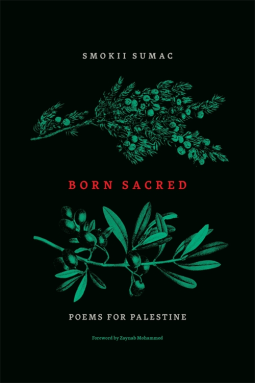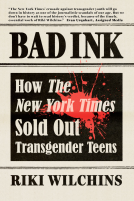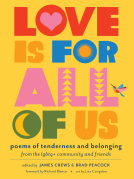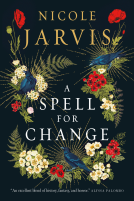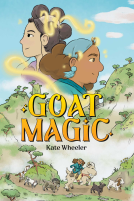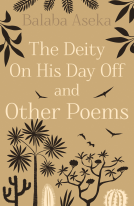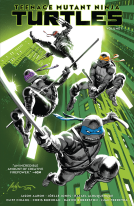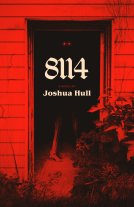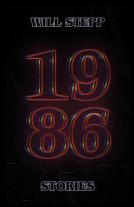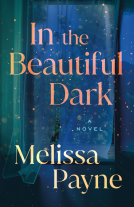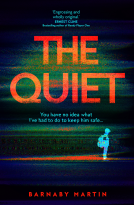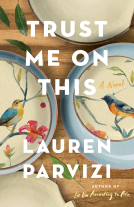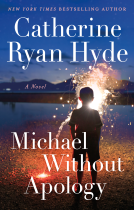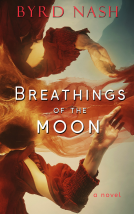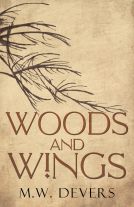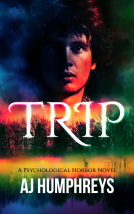Born Sacred
Poems for Palestine
by Smokii Sumac
You must sign in to see if this title is available for request. Sign In or Register Now
Send NetGalley books directly to your Kindle or Kindle app
1
To read on a Kindle or Kindle app, please add kindle@netgalley.com as an approved email address to receive files in your Amazon account. Click here for step-by-step instructions.
2
Also find your Kindle email address within your Amazon account, and enter it here.
Pub Date 3 Apr 2025 | Archive Date 11 Jul 2025
Columbia University Press | Roseway Publishing
Talking about this book? Use #BornSacred #NetGalley. More hashtag tips!
Description
Vulnerable, eloquent, compassionate, and enduring, Born Sacred is an in-time reflection honouring the shared histories of Indigenous Peoples of North America and of the people in Palestine. Sumac offers this collection as a small piece of life dedicated to Palestinians and resounds the collective call for solidarity in our shared liberation.
Advance Praise
“Born Sacred: Poems for Palestine is a profound work of grace and solidarity, rooted in a hard-earned understanding of colonialism’s insatiable appetite."
-- Omar El Akkad, author of What Strange Paradise
“The succinct starkness of Smokii Sumac’s offerings are an X-Ray to the grief and absurdity of our times. This dangerous dichotomy of trying to live one’s everyday life while holding the tragedy of everyday loss is profoundly captured in each stanza.”
-- Catherine Hernandez, author and screenwriter of Scarborough
“Creating room for collective grief, Smokii Sumac shows us the responsibility and power of the poet to face the blank page in the here and now and the necessity for words to remain as a testimony to history.”
-- Rayya Liebich, author of Min Hayati
“In both form and content, the poems shatter dominating linear and compartmentalizing interpretations of the world with constellating stanzas, voices, and experiences that reveal the intertwined histories and presents of colonial harm and Indigenous survivance."
-- Maral Aguilera-Moradipour, assistant professor, Asian refugee literatures and cultures, SFU
Available Editions
| EDITION | Other Format |
| ISBN | 9781773637259 |
| PRICE | US$24.00 (USD) |
| PAGES | 160 |
Available on NetGalley
Featured Reviews
 Reviewer 1178324
Reviewer 1178324
This is a powerful and moving collection exploring the shared suffering between a First Nations tribe in Canada and the conflict in Palestine. The poet writes with passion and energy, using their voice to highlight the tragedies both peoples have experienced.
 Reviewer 142279
Reviewer 142279
This collection is so important. I feel every word of it and I feel so helpless. Can I do more? Can I help these poor people that live in a nightmare? The initiative of this collection is heart warming. But I also hope that I don't have to read a hundred more poems for the people av Palestine.
Thanks to Netgalley, the Publisher and the author for this eARC in exchange for my honest review.
 Reviewer 1182855
Reviewer 1182855
I thought the preface was a brilliant break down of how deeply rooted the hunger for land can be and how closely related the continued assault on Palestine is much like the perpetual taking of inches of indigenous communities' lands. Throughout the poems, there are continual similarities shared between the history of both issues, and it's like being in the middle of watching history repeat itself-- even with how the pages are set up often, there's this past and future, and present marked by the movement between the two. You can feel the sadness that feels universal of just watching this happen in clips on the news.
I got this as an arc on Netgalley and it will come out in April. This poetry book was stunning. It's a beautiful Indigenous, queer and disabled introspective and commentary on what is happening in Palestine, and a very personal and emotional read.
The contrast within the poems opens my heart. This is the type of poetry collection I would shove down in the postal box of all my friends, no note, no explanation, just the words speaking for themselves.
It’s poetry that needs to be read, absorbed, reflected upon. The kind that settles into your bones and changes shape depending on the light. I'm obsessed and will try to acquire a physical copy ASAP - some words are meant to be held and kept permanently.
 Hannah K, Reviewer
Hannah K, Reviewer
Solid poetry collection done by an Indigenous Canadian poet as they witness the ongoing genocide in Palestine.
 Kat M, Reviewer
Kat M, Reviewer
The day before I read "Born Sacred," I asked someone if there was a word for secondhand PTSD, for thinking about what the sound of planes mean to the people of Palestine every time a plane flies over my house. It's not PTSD, really, and it's not exactly fear, but it's a type of physical pain. Secondhand trauma, maybe. Knowing that I'm complicit in the ongoing genocide despite my small efforts to end it.
Smokii Sumac gives voice to all these feelings and more. As a Ktunaxa poet (and transmasculine person), he wrestles with his own ignorance of distant violence even as he processes ancestral trauma and government erasure. He acknowledges that none of us are free until all of us are free, and admits that he bought a tablet despite knowing how our tech is made. Sometimes, it felt like he was plucking thoughts out of my head. Other times, his comparisons of Ktunaxa history and the Palestinian present reinforced a picture that's come into focus only too recently for me.
It seems that there are 100 poems in this collection, but sometimes the ARC copies I get have formatting issues. In my versions, lines breaks were erratic and there was no visual distinction between poems. I have no idea where poems began and ended, and their overlapping themes and recurring imagery made this read like one long piece that all blurred together, which is how the last year and a half or so has felt.
I will always encourage people to read Palestinian voices first, but I felt---and I think many other readers of similar age and circumstance will feel---immense kinship with Sumac's articulation of how surreal it is to balance resistance with practical everyday concerns, or to make dinner while being constantly aware that people whose names and faces are as familiar as a friend's (Bisan, Plestia, Motaz, and in my case, Ibraheem) are under siege and starving. I very much recommend this collection.
Smokii Sumac puts into words everything that I have been feeling over the past year and a half (and more). Through poetry and prose, they describe the pain, confusion, guilt, hope, and anxieties of our times. Positioned in Ktunaxa ways of knowing, they give a voice to the indescribable grief of bearing witness to genocide and colonialism, from Palestine (Gaza) to Turtle Island. This collection of 100 poems broke me, put me back together, and reminded me that at the end of the day we all have one another—we must continue in the fight for collective liberation and find hope in allyship.
Thank you to the NetGalley and the publisher for the ARC!
